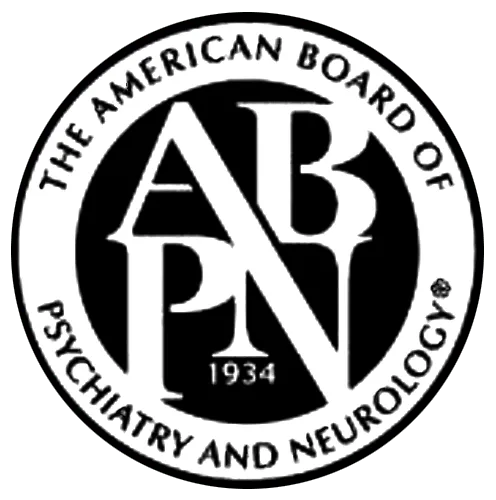Oppositional Defiant Disorder
Oppositional Defiant Disorder (ODD) is a behavioral disorder that often starts during childhood or adolescence. It causes kids to have frequent outbursts of anger, argue with adults and refuse to follow rules. They might also deliberately annoy others. These behaviors can make it difficult for them to get along with family, teachers and peers. Recognizing and addressing ODD early on is important for helping children improve their behavior and manage daily challenges.
Sometimes, ODD can continue into adulthood. This condition known as Oppositional Defiant Disorder in adults can lead to ongoing problems with authority and relationships. Adults with ODD may struggle with conflicts at work and in personal relationships. Managing adult oppositional defiant disorder often involves specialized treatment to address these persistent issues. Effective therapy and support can help adults navigate their challenges and improve their quality of life.


This therapy focuses on changing negative thought patterns and behaviors. Cognitive Behavioral Therapy helps children manage their emotions and develop better coping strategies. By teaching kids how to handle conflicts and improve their interactions. CBT plays a crucial role in addressing the symptoms of ODD. It offers practical tools to shift defiant behavior into more positive actions.
ADHD and Oppositional Defiant Disorder often occur together, making treatment more complex. Kids with both ADHD and ODD might have trouble with impulsivity, emotional control and anxiety which can make their behavior more challenging. A comprehensive approach combined with medication and behavioral therapies is needed to manage such co-occurring conditions, effectively. Understanding the link between ADHD, ODD and anxiety helps in developing effective strategies to address both issues at once.
Child and family psychiatry is essential for dealing with ODD and its effects on family life. A psychiatrist specializing in child and family psychiatry such as a psychiatrist in Alpharetta can provide valuable guidance and treatment options. They work with the children and their families to develop strategies for managing defiant behavior.
Strengthening family dynamics involves improving communication and setting consistent rules which helps create a supportive environment for the child’s treatment. Moreover, addressing adult oppositional defiant disorder (ODD) can be similarly beneficial. As the skills and strategies developed for children can be adapted to help adults manage and mitigate the impacts of oppositional behavior.
Strengthening family defiant behavior is a key part of treating ODD. Successful treatment often involves not just working with the child but also improving family dynamics. Families may need support in developing consistent discipline and better communication. By collaborating with mental health professionals, families can create a positive environment that supports the child’s progress. This holistic approach is crucial for managing ODD effectively.
Overall, managing Oppositional Defiant Disorder involves a combination of therapies and support. Cognitive Behavioral Therapy, addressing co-occurring conditions like ADHD and child and family psychiatry are all important. With the right help and early intervention, children and adults with ODD can see improvements in their behavior and relationships. Working closely with mental health professionals ensures a well-rounded approach to overcoming ODD and enhancing quality of life.


